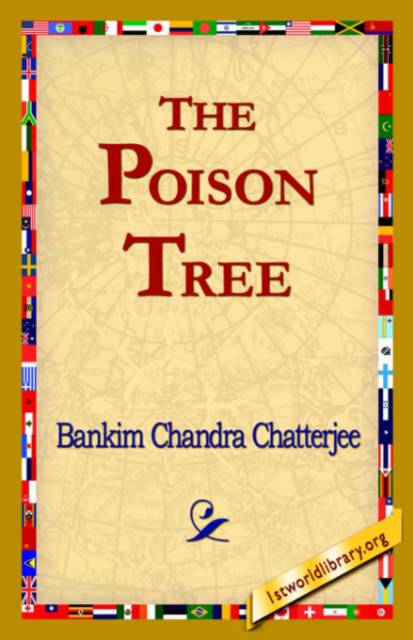
Bedankt voor het vertrouwen het afgelopen jaar! Om jou te bedanken bieden we GRATIS verzending (in België) aan op alles gedurende de hele maand januari.
- Afhalen na 1 uur in een winkel met voorraad
- In januari gratis thuislevering in België
- Ruim aanbod met 7 miljoen producten
Bedankt voor het vertrouwen het afgelopen jaar! Om jou te bedanken bieden we GRATIS verzending (in België) aan op alles gedurende de hele maand januari.
- Afhalen na 1 uur in een winkel met voorraad
- In januari gratis thuislevering in België
- Ruim aanbod met 7 miljoen producten
Zoeken
Omschrijving
Nagendra Natha Datta is about to travel by boat. It is the month Joisto (May - June), the time of storms. His wife, Surja Mukhi, had adjured him, saying, "Be careful; if a storm arises be sure you fasten the boat to the shore. Do not remain in the boat." Nagendra had consented to this, otherwise Surja Mukhi would not have permitted him to leave home; and unless he went to Calcutta his suits in the Courts would not prosper. Nagendra Natha was a young man, about thirty years of age, a wealthy zemindar (landholder) in Zillah Govindpur. He dwelt in a small village which we shall call Haripur. He was travelling in his own boat. The first day or two passed without obstacle. The river flowed smoothly on - leaped, danced, cried out, restless, unending, playful. On shore, herdsmen were grazing their oxen - one sitting under a tree singing, another smoking, some fighting, others eating. Inland, husbandmen were driving the plough, beating the oxen, lavishing abuse upon them, in which the owner shared.
Specificaties
Betrokkenen
- Auteur(s):
- Uitgeverij:
Inhoud
- Aantal bladzijden:
- 196
- Taal:
- Engels
Eigenschappen
- Productcode (EAN):
- 9781421820255
- Verschijningsdatum:
- 1/08/2006
- Uitvoering:
- Hardcover
- Formaat:
- Genaaid
- Afmetingen:
- 140 mm x 216 mm
- Gewicht:
- 385 g

Alleen bij Standaard Boekhandel
+ 73 punten op je klantenkaart van Standaard Boekhandel
Beoordelingen
We publiceren alleen reviews die voldoen aan de voorwaarden voor reviews. Bekijk onze voorwaarden voor reviews.









